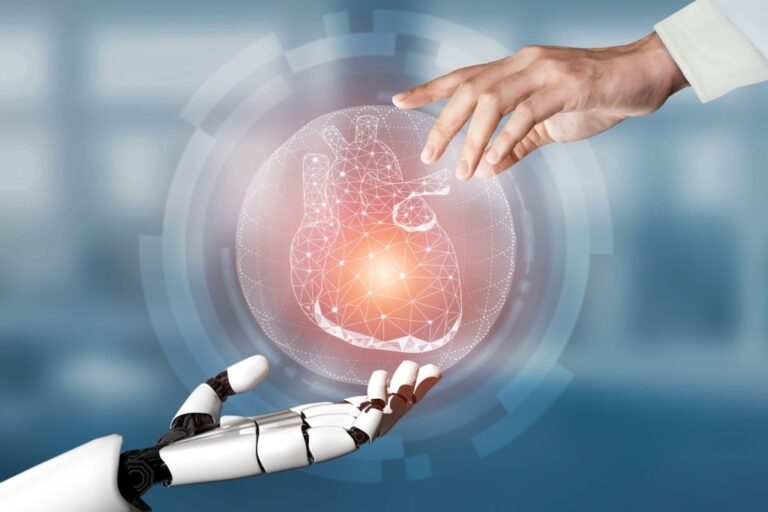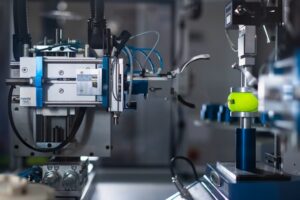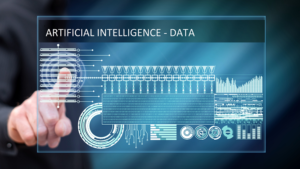The whole idea of robots in hospitals is not new for healthcare professionals. The idea of using robotic technologies in healthcare evolved in 1985. It started when healthcare planned to transform robots into precise machinery for surgery.
“The idea came into reality in early 2000 with the invention of the DaVinci robot. Hospital management software and robotic technologies are proof of how technologies have evolved. ”
According to research conducted by Credence, the global market of medical robotics will grow to USD 20 billion by 2023.
It is astonishing how robotics transforms healthcare but, you will need human interaction. The technology might have limitations but, it is improving life in each aspect. T
he future of the 21st century is in artificial intelligence because of its potentials. This technology can create Robo-doctors that can combine all the data in the database. The hospital database management system is comprehensive software for all medical records. These technologies have become so robust that it helps in diagnosis and treatment.
In this blog, we will dive deep into how robotic technologies transform the healthcare study:
Enhanced Accuracy:
The best part of robotic technologies is that they don’t get tired or have feelings, or lack attention. It has all the qualities of a perfect surgeon which is why the demand for this technology is increasing.
Robotic technologies will bridge the gap between humans and robots. These technologies have become so robust that they can perform tasks with accuracy and no tremors of knives. But it is crucial to set the program right to carry the current procedure. Meanwhile, the surgeon should be available in the procedure room for supervision.
Microrobots have the best precision to spot the exact spot and distribute the medicine locally. They can also set to perform small surgeries like removing the clots from the blood-vessel. Hospital management software will track the accuracy rate of the system.
Exact Diagnosis:
Hospital software with AI helps to detect patterns to identify the underlying conditions. It will help diagnose the exact problem because it can go through medical records. It can scrutinize many case documents and match correlation based on various variables. Some advanced systems can pull up data from past medical records as well.
Many healthcare leaders think that robotics technologies are rivals to doctors. A few leaders also say that they have surpassed the doctors as well in few areas.
“Nanobots are capable of tracking internal organs through phone applications. These applications detect the damage of the organ and the origin of it. ”
Chronic diseases are fatal and need immediate attention. People living with such chronic diseases have new hope of getting timely cures and treat the infection. For instance, Japan implemented an endoscopic system that diagnoses infections in real-time.
The system has an accuracy rate of 86%. IBM Watson’s oncology system has a higher accuracy rate of 96% to detect infection Hospital management system software will help to calculate the accuracy rate and make decisions.
Patient Help and Rehabilitation:
There are many elderly or disabled patients who need more help. There is a vast gap between the number of patients and caregivers. That is why such patients are unable to get the help they need. To fill this void, various medical robots can help patients with disabilities. These robots also can help patients recovering from serious health issues like spinal cord issues to enhance their motor skills. A hospital database management system will help to identify patients who need extra help.
The best advantage of the robot is that you design the robot customized to each patient’s needs. It is an influential tool that helps in speedy recovery. For example, a robot for medical body assistance can shift the patient from bed to wheelchair and vice-a-versa. Additionally, some robots are capable of making the patient stand on their legs irrespective of their weight.
Disinfection of Hospitals:
Hospital-acquired infections (HIA) are rising because of antibiotic-resistant bacteria such as type Clostridium Difficile. Such infections can raise the death toll globally you can store the entire information in hospital database management software.
A company from America has developed a robot that spreads hydrogen peroxide vapors. It also has a high-intensity UV light to disinfect the entire hospital premises. It is a cutting-edge technology that kills microorganisms and reduces the number of deaths due to HIA.
Robotic Health Care Professionals:
The health care professionals have a lot on their plate to complete, or the hospital will have less staff than required. Robots can reduce the team burden and handle repetitive tasks like mixing, measuring, and delivering medication to the patients.
This approach will give free-time to the professionals; to focus on providing and interacting with patients for emotional support. There is debate if robots will replace humans for work but, this is impossible in the health care industry. The best hospital software will have robotic health professionals to assist the patients.
Give Patients with Prosthetics or Exoskeletons:
Earlier patients with the vegetative state had to depend on fate for everything. With the advent of technology, there is hope to revive the complete functionality; of the particular body part.
There are bionic exoskeletons available in the market for paralyzed and disabled patients. Bionic exoskeletons are robotic devices that can fit at the hip and knee; to help spinal cord patients to walk on their own or stand.
Role of Artificial Intelligence (AI) in Healthcare
Hospital software with artificial intelligence in health care is a complete algorithm to estimate human cognition. It is also helpful to analyze complex medical data. Let us now look at the role of AI in the healthcare sector:
Identify tumor DNA mutations
Hospital management system software with artificial intelligence plays a crucial role in analyzing the problems which people face. They are capable of analyzing the records and matching them with the present to understand the root cause of the problem.
Artificial intelligence in the intensive care unit (ICU)
Intensive care units are a crucial, critical, and intense part of the hospital. The patients in ICU are fighting between life and death that increases the stress in such an environment. Every moment is precious in the ICU in saving the patient’s life; various devices monitor the movement of the patient’s body. Researchers can install hospital management software with AI sensors in the ICU to spot any human body’s movement and collect the data.
Applications of Artificial Intelligence in the Healthcare:
Robotic technologies with AI help to manage structured and unstructured data. It is possible by using machine learning and natural language processing techniques. Hospital software with AI has a higher prevalence in cardiology, neurology, and oncology departments. Medical professionals are embracing this technology to reduce their tasks and give more precise services to their patients.
Hospital database management software with the electronic medical record (EMR) have bought smart changes; in the healthcare sector. Clinical documentation is time-consuming but plays a crucial role. Implementation of voice recognition software will help to save a lot of time and energy.
A few medical professionals do not care about drug overdose, interaction, and allergies to the patients. Implementation of hospital software with EMR will help store the entire medical history in the cloud and can access it real-time to take action. EMR is not only helping the above patients but also people with various infections.
In addition to spotting the patterns, AI is also capable of monitoring daily requests. AI can send a reminder to patients who are due for a lab test. It can also identify patients who are running low on medicine stocks and remind them to refill them. The patients can also send a request to restock the medicines and get them delivered to the doorstep.
Treating Patients with Artificial Intelligence:
There is a huge gap between rural and urban healthcare services in developing and underdeveloped countries. The gap widens due to the lack of health care professionals and basic healthcare systems.
Few researchers state that hospital software with AI will help to improve healthcare in rural areas. For instance, diabetes is one of the common problems in the population globally. A doctor in America implemented a machine that can scan your retina and diagnose diabetes in just 20 seconds.
Digital assistants in health care systems:
The hospital management system software has health monitors with AI integrated to help patients in various ways.
- AI will send a reminder to the patients to have timely medication. It also looks for medicines stocks and reminds them to refill them when the stocks go low.
- It can also send a notification for doctor’s appointments and help physicians to manage bookings.
- Chat bots with AI will help patients to discuss their symptoms and other health-related queries.
Conclusion:
It is undeniable that robots are becoming an integral part of every industry including, healthcare. Robotic technologies can make people walk and help medical professionals to do their job effectively. Additionally, patients in rural areas also can have access to healthcare and innovate new ways to treat diseases and injuries.
Hospital software has begun embracing robotic technologies in their processes, and it will make the system better.










